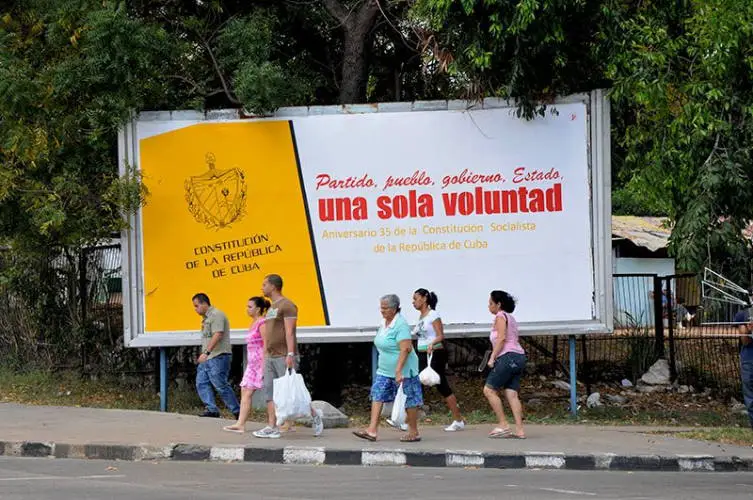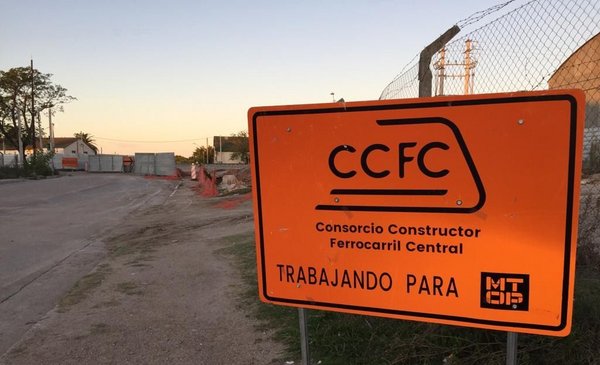LAS TUNAS, Cuba. — On Monday, July 18, 2022 —it will soon be a year— professors from the Enrique José Varona University of Pedagogical Sciences They were received by the ruler Miguel Díaz-Canel in the so-called “Palace of the Revolution” to discern the path of how to have “more educated teachers” in Cuba, questioning himself in the conclave “what teacher does current Cuban society need?”, or, to That educator, “how can we better train him so that he, in turn, is an architect in the country’s spiritual fabric?” comprehensive”.
In order to have “more educated professors” in Cuba and to find out what teachers current Cuban society needs, or how to train them to be promoters of the country’s spirituality, it would have been enough for Díaz-Canel before meeting with the university professors who bears the name of Enrique José Varona, read the preface written in 1902 by Varona for the book Principles of Moral and civic instructionof rafael montoro; but, of course, before reading the famous pedagogue, Díaz-Canel had to strip himself of the intrinsic doctrines of the communists, whom Varona portrays when, in that proem, he says: “With social ties relaxed, unbridled selfishness has fostered the indiscipline, and at the most it has become the spirit of faction, which is nothing but a group egoism”.
It is precisely in this state that Cuban society finds itself today as a result of the leadership of the communists and their spirit of faction, understand, of a “single party.”
Valid are the concepts of Rafal Montoro on morality and civic instruction that Enrique José Varona prefaced by saying: “Enriching intelligence is good, it is useful, it is essential. So is strengthening the body, training the hand and sharpening the senses. But once all that is done, there is still the best thing to do: gently shape the heart, direct the behavior with skill, temper the character. This is the great work that we demand of our teachers; This is the one that imperiously demands the health of our country in the critical moments in which it tries to restore its forces to conquer a more fortunate future.”
But Cuba today has poor moral and civic health. Too many Cubans lack honesty, not only with their peers, but even with themselves. And many believe that Cuba is only the anthem of Bayamo, the flag of Narciso López, the shield with the key over the gulf, or the roast suckling pig, the congrí, the yucca with mojo and a rum, celebrating a New Year’s Eve, in Baracoa or Miami, forgetting that they are their homeland and that Cuba dwindles when Cubans decline.
Rafael Montoro said that among the fundamental principles of morality was the freedom of the will, unequivocally manifested by the “bitter rebuke of remorse” or by the “mute approval that fortifies”, because the human being is free by nature, but not independent of “every influence, every stimulus, every motive”, because that “freedom of absolute indifference” “nobody can defend or conceive of it”.
However, we see today how many Cubans inside and outside of Cuba approve the ignominy that occurs in their homeland or ignore it, arguing that theirs “is not politics”, as if politics were not humanity and they themselves are part of a society.
Regarding the concept of duty, moral and civic duty, reviewing passages from Hegel, Montoro referred that “good as the law of life” and “evil as the negation of good” appear clearly in the conscience of all civilized people from that they recognize themselves as such, stating: “According to his age, his state, his position, his way of life, his art, trade or profession, man has defined functions; obligations that his conscience determines and sanctions. He is in relation to other beings, and he must act with respect to them, as he wants and has the right to expect that they act in turn with respect to him ”. Poor Cuba, poor Cubans, eh…!
Going back to Rafael Montoro is useful in these moments of spiritual, moral and civic crisis in which the Cuban nation finds itself bogged down after 64 years of Castro-communist dictatorship, where the State, including the totalitarian regime, supplanted, destroyed or manipulated the main cells of civil society and, particularly, the roles of families. Today, returning to concepts such as home and school, when it defines families and the school system in what corresponds to its organization and operation as “outlines or sketches of nations”, is cardinal, or when it conceptualizes the object of civic instruction , “that teaches the essential knowledge to the citizen to conscientiously fulfill their duties and exercise their rights”, because, “to every right corresponds a duty and to every duty a right, within the family as well as in society in general”.
May these notes then serve as a stimulus to delve into civic instruction, as modeled by our forefathers at the dawn of the Republic of Cuba in 1902, a civic education that, for our nation, is still a pending issue. Let’s approve it. And what is most useful: let us apply this knowledge to be better people, the only way to live in a civilized way and to have a truly free homeland.
OPINION ARTICLE
The opinions expressed in this article are the sole responsibility of the person who issues them and do not necessarily represent the opinion of CubaNet.






